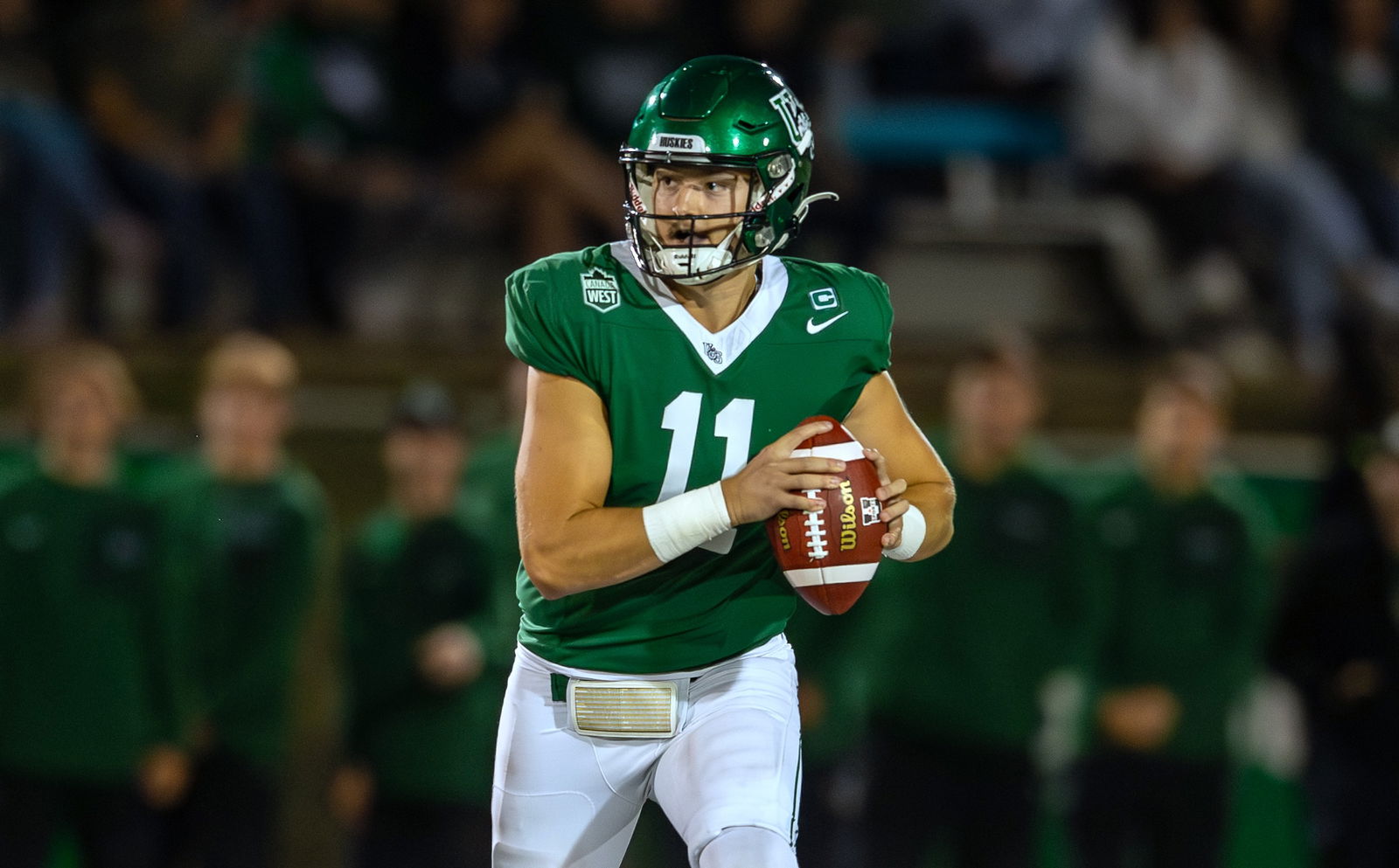Thomas Tuchel’s World Cup masterplan: make England kings of the press

Kane found the corner of the net and goal No75 for his country effectively ensured progress to the World Cup finals next summer. England were 2-0 up in a qualifier they would go on to win 5-0 last month, with Kane later scoring again.A plan had come together. It is one with which Tuchel wants to persist, having spoken before Thursday’s tie with Serbia about “accelerating the game” by “implementing our high press” and bringing the “spark” that enlivens the Wembley crowd.Passes per defensive action (PPDA) measures how quickly teams can disrupt a rivals’ passing sequence — and it feels instructive to scrutinise the list of the best national teams in Europe at doing so. Austria and Germany are joint top in the Uefa qualifying section, allowing their opponents an average of 6.7 passes, with England in second place with 7.7.The limitations of their opposition has to be factored in. Yet there is a coaching lineage that flows through those sides ranked highest, one which makes the basis of England’s approach all the more understandable.At the top is Ralf Rangnick, the German-born coach of Austria who was briefly in interim charge at Manchester United between the tenures of Ole Gunnar Solskjaer and Erik ten Hag.His pressing principles are renowned, underpinning Hoffenheim’s rise in the noughties and RB Leipzig’s more recent success, and have long established him as a reference point for younger coaches. Chief among them are Julian Nagelsmann, now the Germany manager, as well as Tuchel.Rangnick and Tuchel share a special history. It was in 1997, when Rangnick was appointed coach at the German third-division side Ulm 1846, that he first came across Tuchel, who was beset by the injuries that would lead him to call time on his playing career aged 25.Later, when Rangnick discovered Tuchel was working in a bar to earn a living, he invited him to become a youth coach at Stuttgart and set in motion a career that now leaves one of his many disciples seeking to put a second star on the front of England’s jersey.“Unfortunately, Thomas was struggling with a chronic knee injury when I took over at Ulm,” Rangnick said. “He asked a lot of detailed and intelligent questions — why did we play zonal marking, why did we press all over the pitch? — and it was obvious that he thought deeply about the game. If he had been able to stay fit, he would have made for a very good defensive midfielder or centre back.”Watching England since they reconvened in September, it is clear that Tuchel has been seeking to impose more of the values he cherishes. Training has, according to a number of sources, been sharper and more intense.The 2-0 win over Andorra at Villa Park was largely forgettable, but Tuchel saw it as representative of progress he wanted to make, with England playing 20 yards higher up the pitch than they had in the previous meeting with the minnows in Barcelona back in June.Last week Anthony Barry, England’s assistant head coach, spoke about football being “stuck” in the middle of the pitch where everyone is athletic and well-drilled. He noted, however, that teams can still make a difference at either end. That could be good build-up play out of defence or, further forward, via attacking combinations or high pressing.“Pressing and gegenpressing, properly utilised, are attacking ploys,” Rangnick said. “Winning the ball back high up the pitch combined with dynamic movement equals very good goalscoring opportunities. We looked at the numbers when we started at Hoffenheim in 2006: the more dynamic the turnover, the greater the goalscoring opportunity. And it’s easier to win the ball back within a few seconds of losing it.“There are other ways to play, but I like my team to be ‘active’ out of possession and exert maximum pressure on the opposition. Look at Bournemouth. They are the most intense pressing team in the Premier League. That’s why they’re competing with the biggest sides at the top of the table.“There is a difference, of course [between club and international management]. That’s why it’s so important to hammer home the message and stress what’s important when we get together. Our style of play can only work if every single player is on it, 100 per cent.“You only work with the players a couple of days before every game. It’s vital, therefore, that you find the right balance between conserving energy and keeping everyone sharp and match-ready.“In the case of Austria, I’m lucky to be working with a lot of players who are already used to that style from their clubs and want to play exactly like that, too.”That last point speaks to one of the important issues Tuchel must resolve. Does the return of star players, such as Jude Bellingham, spoil the efficiency of England’s pressing when Rogers has played as a No10? Rogers is excellent at carrying out orders, knowing exactly which triggers, such as a square pass, he should take his cue from to play the role of disruptor.At Euro 2024, Gareth Southgate claimed England were not physically able to press and there was scrutiny on Kane decelerating as he approached an opponent rather than truly committing. The team’s PPDA at the tournament was 16.1, compared with 10.4 at the World Cup in 2022, 17.7 at Euro 2020 and 13.1 at the World Cup in 2018.Heat is clearly going to be a factor in the United States, Canada and Mexico next summer. However, the fact Chelsea were able to win the Club World Cup against Paris Saint-Germain in New Jersey in July, with head coach Enzo Maresca’s plan to be “very aggressive and suffocate them early”, adds weight to why Tuchel is proceeding with his own template.“We saw some teams leave their substitutes in the changing room at the Club World Cup, in order to escape the heat,” added Rangnick, whose Austria side are top of group H and themselves on course for qualification.“The climate will certainly be a challenge next summer for all the teams. I don’t think it’ll be possible to press all over the pitch, [Valeriy] Lobanovskyi-style [the former Soviet Union coach], for 90 minutes. It won’t work, your team will be exhausted. But if your gegenpressing is on point, you’ll only have to do short, high-intensity sprints, as opposed to many long, ‘negative’ runs in a more open game.“That way, you might be able to run less on the whole. That’s more efficient, energy-wise. We saw at the Euros that we were able to play our game, despite the heat. Squad rotation will play a big role.”England v Serbia




.jpg)








